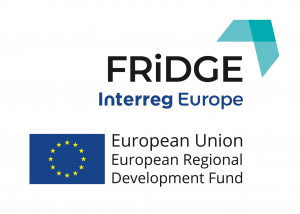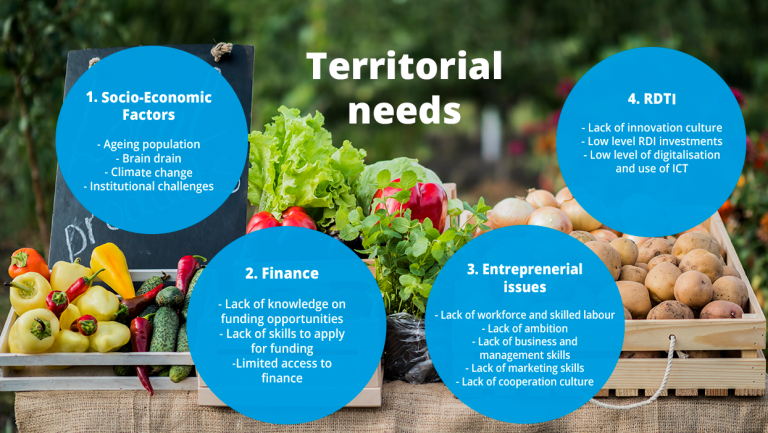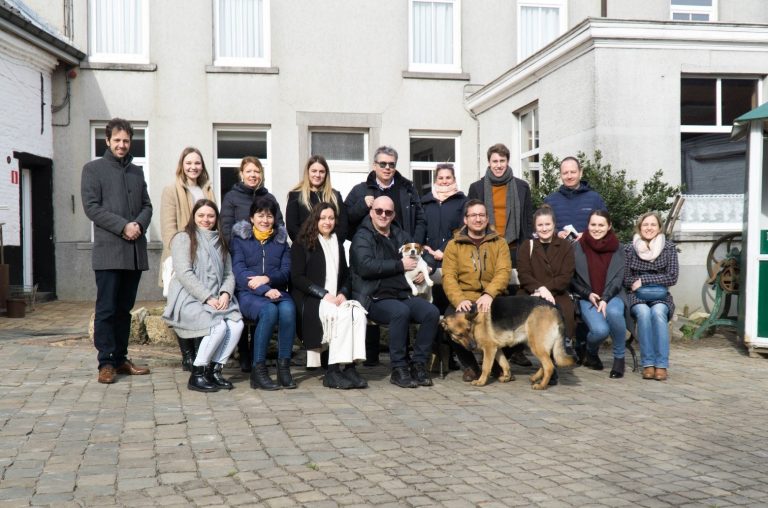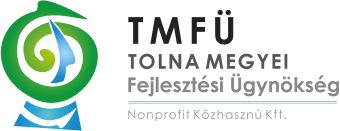
Project FRiDGE deals with one of the most important aspects of European food and drink industries: SME competitiveness. Looking back to the year 2020, it has brought even more challenges adding to the existing ones with the effects of the global pandemic spiralling down the value-chain.

Figure 1. The needs identified in the food and drinks sector according project FRiDGE.
The needs of the sector (Figure 1.) are the findings of a comparative analysis carried out in the FRiDGE regions showing that food production and agriculture play an vital role in all partner regions and some cases also in their respective national economies. As in all across Europe, the majority of companies in the sector are micro and small enterprises whose products is mainly available to local, regional or national markets and require support to maintain their capacities, and to grow and reach new markets. Exporting only exists to a limited extent among the SMEs in the partner regions.
The first partner meeting of the year took place in Ghent between the 18th and 20th of February, 2020, where the Economic Council of East Flanders welcomed the FRiDGE project partners. The program included a project meeting and study visits to local food and drink industry SMEs and RDI institutions in the region of East-Flanders.
During the meeting partners and stakeholders discussed and exchanged their views on various topics such as cooperation with knowledge institutions to build capacity for growth in the food sector, the importance of European food labels, better market reach through smart communication, new ways of reaching out to new markets and trends & innovations in food industry.

Figure 2. the Partnership in the van Damme distillery near Ghent.
Instead of taking part in the next partner meeting in Germany in autumn, the pandemic forced us to hold the third Joint Workshop online. On 18th of November the partners presented their Good Practices dealing with market reach of local food products. As COVID-19 had its overshadowing effect on this year, the partners discussed the possible support and solutions for combating the negative effects.
A survey performed in the FRiDGE regions shows consistent results amongst micro- and small SMEs across Europe. 120 companies were asked to identify key challenges related to market innovation and productivity helping the partnership to gain a better understanding of the interregional needs for capacity building.
Prof. Dr. Hans de Steur from Ghent University gave a detailed overview of the most important drivers and barriers providing vital background information for determining the proposed interventions in our Action Plans. Granting better financial and marketing support seem to be the two most significant focus point for SMEs.
Partners could certainly learn from the results of the study and the Good Practices presented during the Workshop gave a plenty of food for thought and action to advance market reach opportunities with improved local initiatives in the partner regions.
Hoping that 2021 brings more personal experience we are looking forward to further collaboration and the next Joint Workshop organized by the Harghita County Council.
The FRiDGE project is co-financed by the European Regional Development Fund and Hungary.
